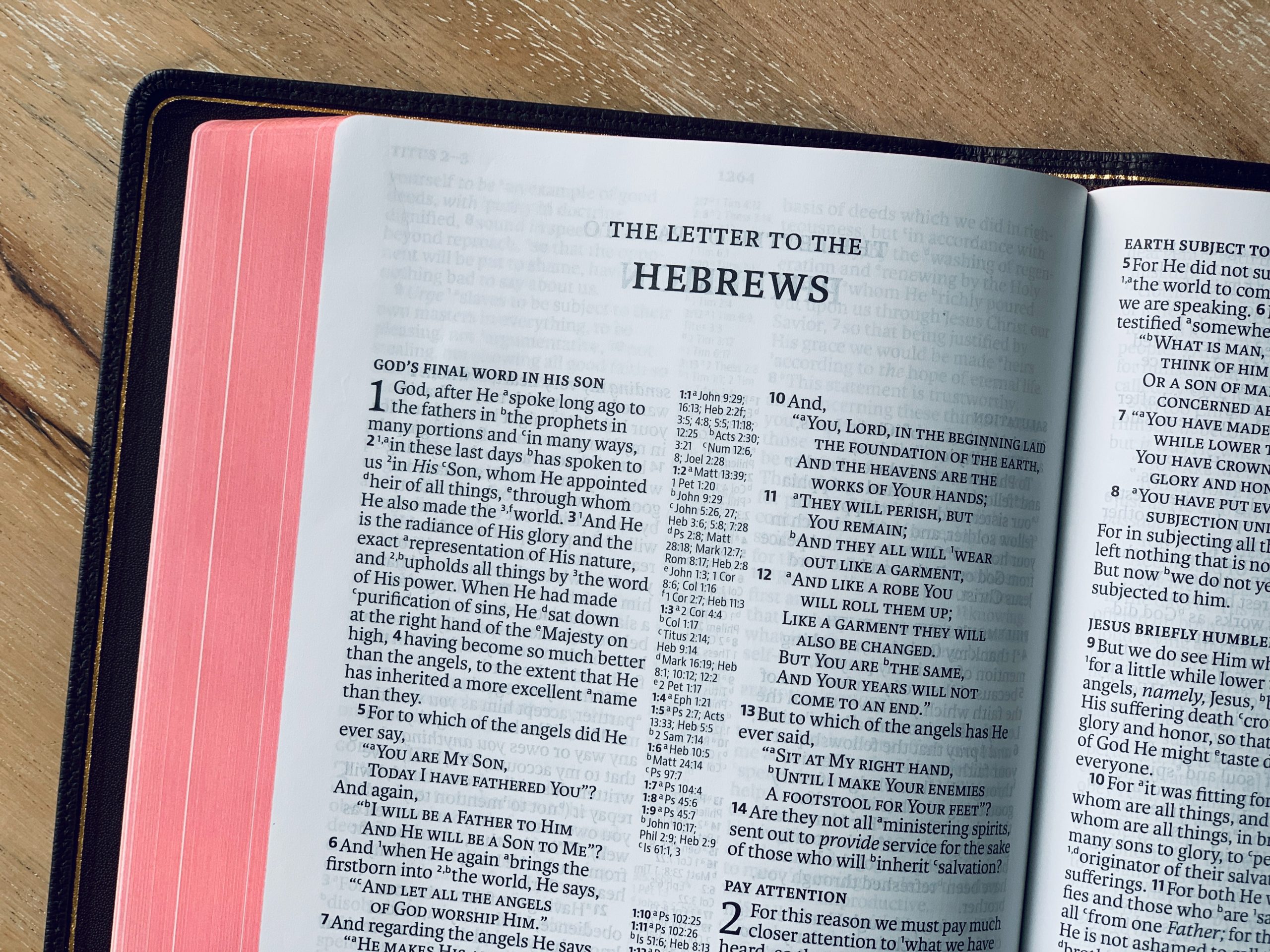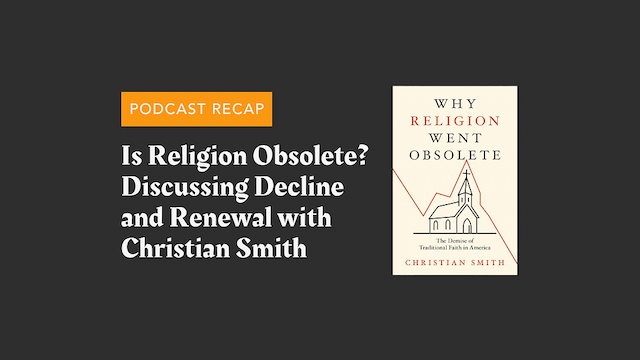Podcast: The Book of Hebrews

Check out the So We Speak podcast on Apple Podcasts or Spotify.
Hebrews reminds us of our tendency to give way to spiritual laziness and admonishes us to run our race well because of the supremacy of Christ.
This body of believers in Hebrews had a Jewish background, and they were being tempted to return to a merit and works-based religion. They were backsliding into their old ways – spiritual apathy and lethargy.
But Christ is better than any material promises or things we might be tempted to place our trust in.
The theme of Hebrews could be summarized as Christ, the True and Better.
Outline of Hebrews
Chapters 1-10: Who Jesus Is (Better than all of the Old Covenant promises)
1-2: Christ is better than angels.
3-5: Christ is a better priest and a warning for entering the rest of God.
6: A warning about falling away and introduction of Melchizedek.
7: Christ is greater than Melchizedek.
8: Christ mediates a new and better covenant.
9: The New Covenant is better than the Old Covenant.
10: Christ is the greater and perfect sacrifice.
Chapter 11: Hall of Faith (Overview of Old Testament)
Chapter 12: Mount Zion and the Better Covenant (Goes back to 1-10)
Chapter 13: How to live because of who Jesus is.
The Rebuke
The only rebuke in the book is in Hebrews 5:11:“You have become dull of hearing.”
He does this after Melchizedek acknowledges that since the Hebrews have become dull of hearing, they might not be able to understand. This warning carries into Chapter 6 in ensuring the hearts of believers stay soft to the molding of the Holy Spirit. This hardening of the heart leads to rejecting the work of God and not having sins forgiven.
Who is Melchizedek?
The author compares Christ to Melchizedek.
Why does the author make this comparison?
Melchizedek, King of Salem, is a shadowy figure in Genesis that comes and then lies “dormant” until Hebrews 7.
“Melech” is Hebrew for “King.” “Zedek” means “Righteousness.” Combined, Melchizedek’s name means “King of Righteousness” and “King of Peace” (see Hebrews 7:2). Melchizedek is truly a forerunner to the Jesus, True King of Righteousness.
Melchizedek was also a priest. The priesthood didn’t start with the Levites. Jesus was part of the priesthood of Melchizedek — a higher and better priesthood not because of descent but on an indestructible life.
Hall of Faith
Hebrews 11 is the most famous in the book. It’s an overview of the story of the Old Testament and how they walked by faith even when they did not see the result of their faith. Chapter 11 tells the story of those who trusted in Christ despite their circumstances.
Chapter 12 describes the superiority of the New Covenant and compares Mount Sinai to Mount Zion. This is a powerful chapter that circles back to Hebrews 1-10 and describes Christ as better than all the Old Covenant types and foreshadows.
Summary
Hebrews reminds us of our tendency to give way to spiritual laziness and admonishes us to run our race well because of the supremacy of Christ. Christ is better than any material promises or things we might be tempted to place our trust in.
Brittany Proffitt lives in Dallas, TX, holds a BA in Religion, and is a student at Southwestern Baptist Theological Seminary.











